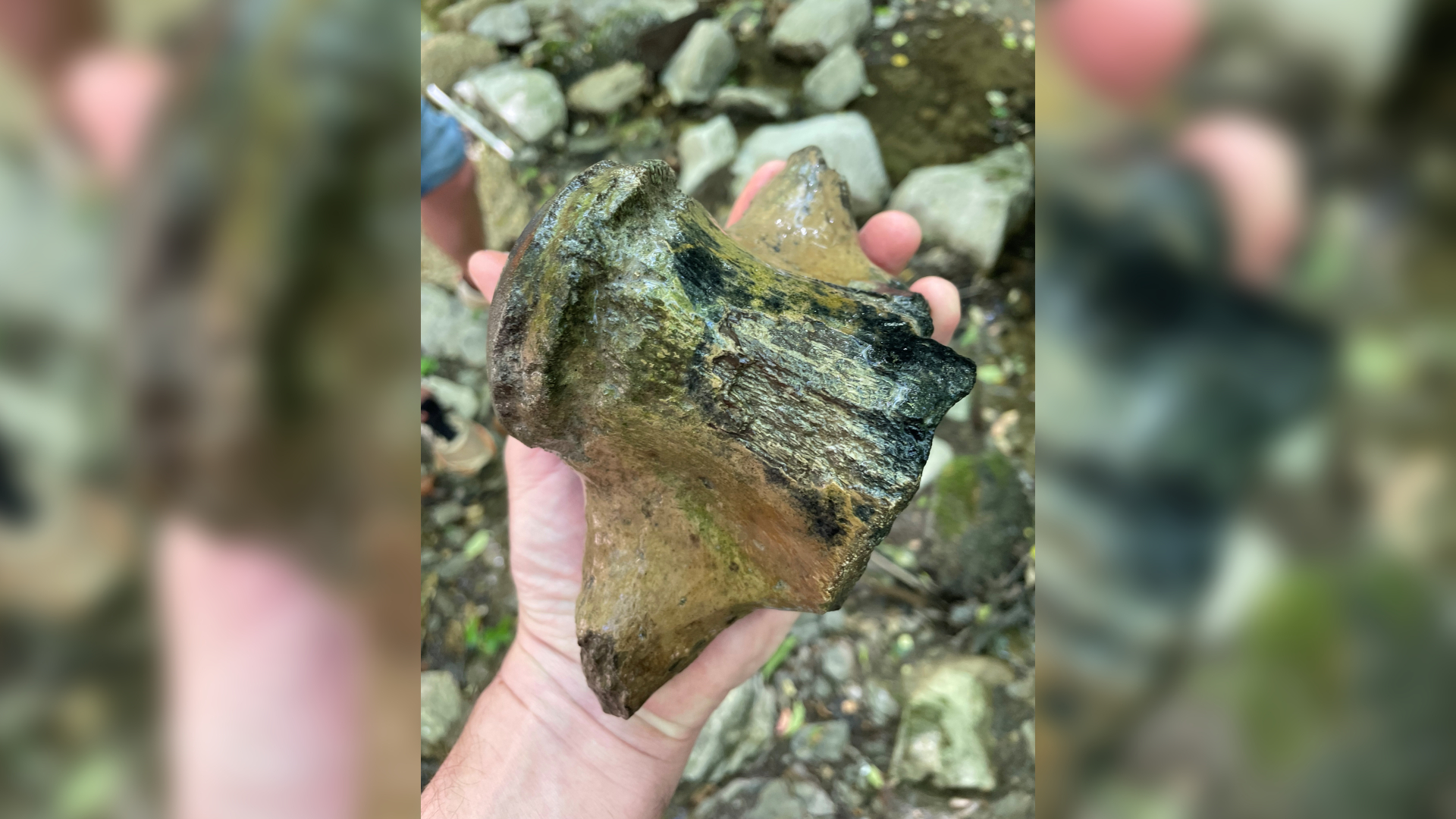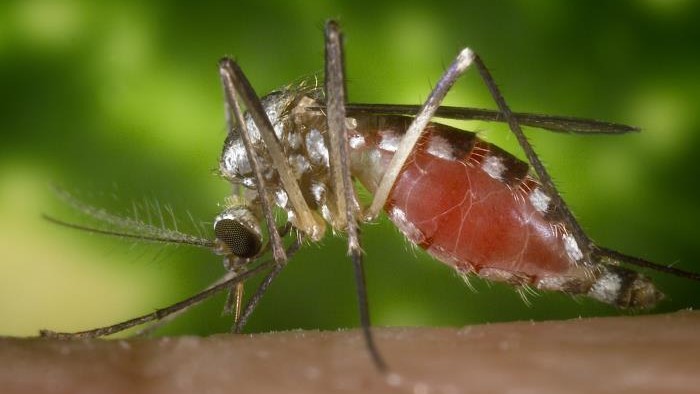Breakthrough COVID cases may supercharge immunity, study hints
That said, it's important to note that breakthrough cases can still lead to long COVID.

Catching COVID-19 after vaccination may supercharge the immune system, making it better able to fight off new variants, a new study hints.
The small study only included 26 people with breakthrough infections, and all of the participants had received the Pfizer-BioNTech vaccine, so there's no data on the other vaccine brands, according to the new research, published Thursday (Dec. 16) in the journal JAMA. But it does hint that, in general, those who catch COVID-19 post-vaccination may have an edge in fighting off the virus, even if they become exposed to a new coronavirus variant, study co-author Dr. Marcel Curlin, an associate professor of medicine at Oregon Health & Science University (OHSU) School of Medicine, told KATU News.
Of course, although this study highlights a potential silver lining to catching a breakthrough infection, contracting COVID-19 after vaccination still carries risks. For instance, breakthrough infections can lead to long COVID, a syndrome where people experience various symptoms — from debilitating fatigue to cognitive dysfunction to gastrointestinal problems — for many months after their initial COVID-19 infection subsides, Reuters reported.
Related: Coronavirus variants: Facts about omicron, delta and other COVID-19 mutants
For the study, Curlin and his colleagues collected blood samples from 26 OHSU health care workers, all of whom caught COVID-19 after being fully vaccinated, meaning they'd received two doses of the Pfizer-BioNTech vaccine. None of the participants had had COVID-19 prior to their breakthrough infections, and 24 of the 26 breakthrough infections caused only "mild symptoms," the team reported. The researchers analyzed viral samples from 19 of these breakthroughs and found 10 were caused by the delta variant and nine were non-delta infections.
The team compared the blood from these breakthrough cases to that from 26 OHSU health care workers who were also fully vaccinated with Pfizer-BioNTech shots but hadn't caught a breakthrough infection.
The team isolated a clear, yellowish fluid called serum from the blood samples and placed the serum in lab dishes with cultured human cells and SARS-CoV-2, the virus that causes COVID-19. Then, using an assessment called a "focus reduction neutralization test," they determined how effectively the antibodies within the serum neutralized the coronavirus. When antibodies neutralize a virus, they latch onto the virus in such a way that the bug can no longer infect cells.
Sign up for the Live Science daily newsletter now
Get the world’s most fascinating discoveries delivered straight to your inbox.
The team ran experiments with the original strain of SARS-CoV-2 and the alpha, beta, gamma and delta variants of concern, according to the JAMA report. (They did not run any experiments with the recently-identified omicron variant.) These experiments revealed that the serum from those with breakthrough infections neutralized the various versions of the virus more effectively than that from the control group.
"So, if I take a person who's just vaccinated alone, and someone who had vaccine plus breakthrough, and I take their serum and I now stack that up against the alpha variant, or the delta variant, beta … in all cases, the vaccinated infected person has much better ability to cope with those other variants regardless of which variant they got infected with," Curlin told KATU News.
In general, compared with controls, the blood of those with breakthrough infections bore more antibodies that latch onto the receptor-binding domain (RBD) of the virus's spike protein, which binds directly to the cell surface. These RBD-specific antibodies are thought to be the most critical for neutralizing the coronavirus, Live Science previously reported.
Based on the neutralization tests, serum from the breakthrough group was about 950% more potent against the original SARS-CoV-2 virus, compared with controls, the team reported. Antibody responses against the variants of concern were similarly boosted; for example, serum from the breakthrough group was about 1021% more potent against delta than that from the control group.
Serum from the delta breakthrough infections exhibited higher potency against the variant than serum from the controls or from the non-delta breakthroughs. This suggests that developing boosters to match different variants could help "broaden" the vaccine-induced immune response, the team noted.
Still, vaccination, alone is protective, even if the combination of vaccination and a breakthrough infection triggers a more potent immune response, Curlin told KATU News. "What we’re looking at is the exceptional combination of vaccination plus infection," he said. "So, if you’re infected alone without vaccine, the immune response is quite variable from person to person and, on average, quite a bit lower than if you’re vaccinated."
Read more about the JAMA study in KATU News.
Originally published on Live Science.

Nicoletta Lanese is the health channel editor at Live Science and was previously a news editor and staff writer at the site. She holds a graduate certificate in science communication from UC Santa Cruz and degrees in neuroscience and dance from the University of Florida. Her work has appeared in The Scientist, Science News, the Mercury News, Mongabay and Stanford Medicine Magazine, among other outlets. Based in NYC, she also remains heavily involved in dance and performs in local choreographers' work.










